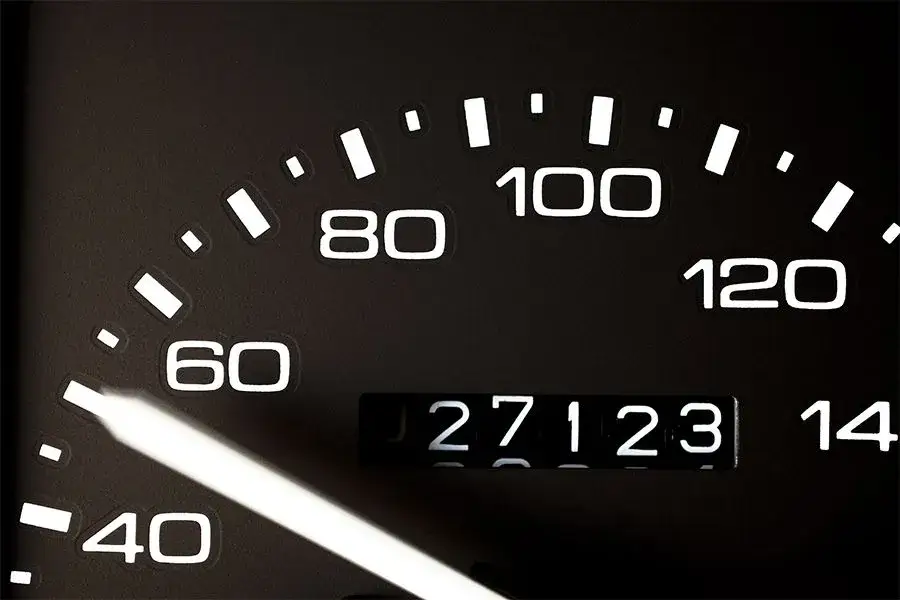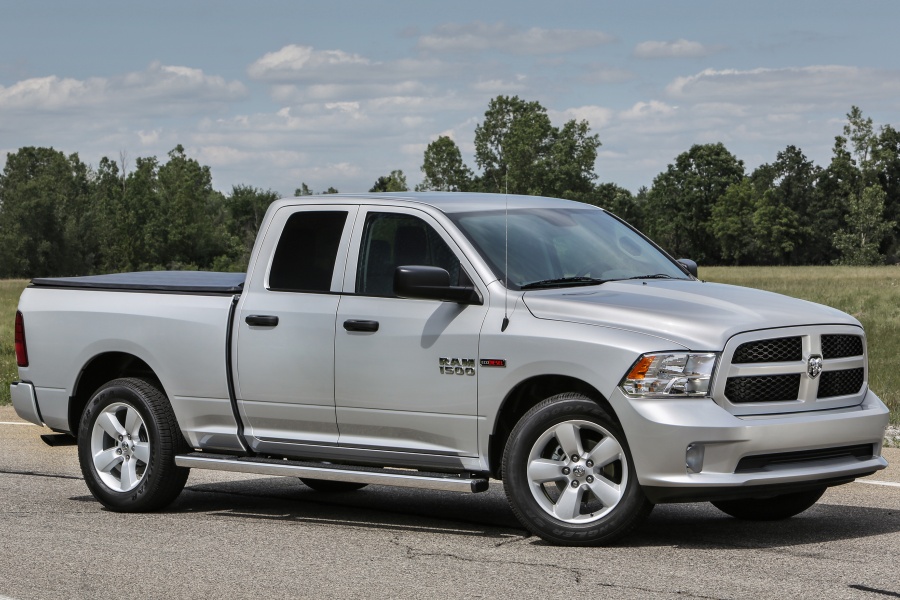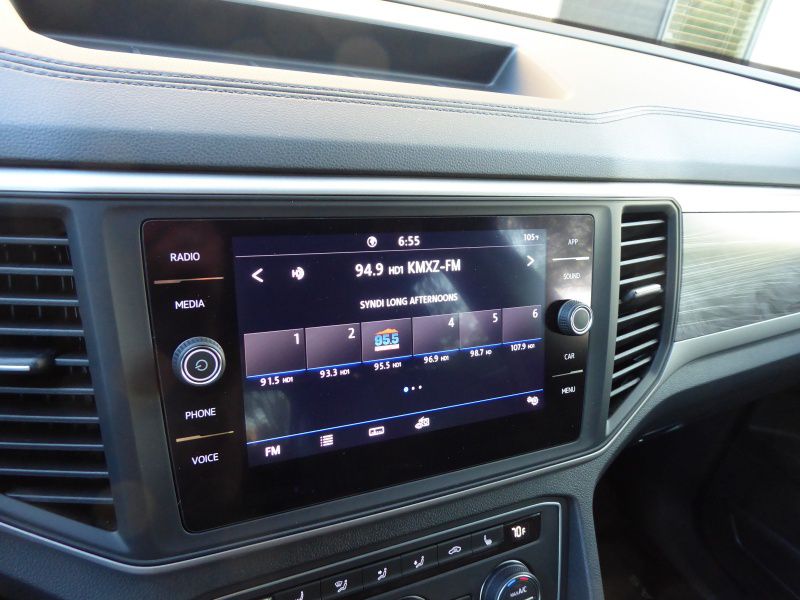Used Car Financing Guide: Glossary of Terms
- APR (Annual Percentage Rate): Because varying interest rate structures (e.g. compound and simple interest rates) can make it hard to compare one loan to the next, an APR is an attempt to standardize the computations and provide a number that is easily comparable regardless of the type of the loan. To accomplish this, APR measures the interest rate for a whole year (annualized), rather than just a monthly fee/rate.
- Balance: This refers to the amount you owe on a loan.
- Co-Signer: A co-signer is someone who agrees to assume equal responsibility for the repayment of the loan. Cosigners are sometimes used if a buyer’s credit rating prevents them from qualifying for a loan on their own.
- Delinquency: This refers to the failure to make a loan payment or meet your loan obligations. This time period should be defined in the loan contract.
- Down Payment: When you purchase a vehicle with a loan, this represents the money you pay at the beginning of the agreement to lower the total amount you finance.
- Gap Protection: Gap protection is a form of insurance that covers the difference between the amount you owe on a car and what it is actually worth. For example, if you still owe $10,000 on a car that was recently stolen, but the insurance company only values the car at $9,000, gap insurance will cover the difference.
- Equity: If your car is worth more than what you owe, this difference is known as positive equity.
- Grace Period: This is the period of time between when a loan payment is due and when you will be charged a penalty fee.
- MSRP (Manufacturer Suggested Retail Price) New cars are listed with an MSRP price tag. This is the price suggested to the dealer by the manufacturer. Note: MSRP does not always reflect vehicle options, nor does it take into account regional price fluctuations and popularity. For this reason, the actual invoice selling price can vary.
- Principal: The total amount you owe on a car loan, not including interest.
- Tax and Title: These are fees that are added to the vehicle’s final invoice price. In most states, car buyers will be required to pay sales tax as well as registration and title fees.
- Term: The amount of time during a loan from beginning to end in which a borrower makes payments to repay the debt.
- Trade-In Value: If you already own a vehicle, you may have the option of offering it in a trade to the dealer. This can be done to lower the overall purchase price. Trade-in value then refers to the amount the vehicle being offered for trade is worth.









